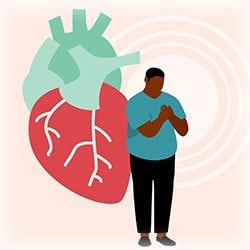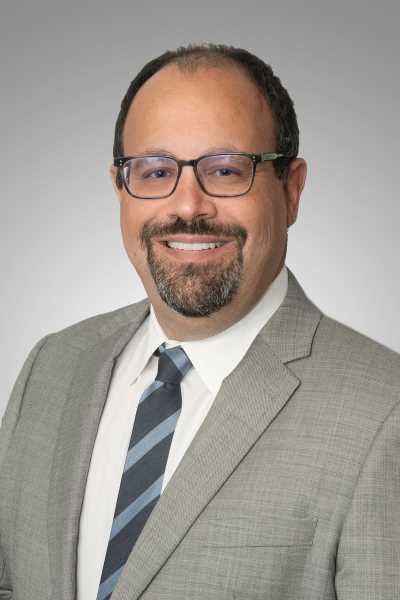7 Signs and Symptoms of Heart Failure
 Here are some of the most common symptoms of this serious heart condition.
Here are some of the most common symptoms of this serious heart condition.
The term heart failure may conjure up fear because it sounds like the heart is not working at all. But having the condition doesn’t mean your heart no longer works – it means it’s not working as well as it should. PIH Health Cardiologist, Joseph Rahman MD, says, “With proper medical treatment and lifestyle changes, the effects of heart failure can typically be managed so people can continue to live full and enjoyable lives.”
What is heart failure?
In people who have heart failure, the heart isn’t pumping as well as it should be due to weakened pumping ability or because the walls of the heart have become thicker. That means that the heart can’t supply enough oxygen- and nutrient-rich blood to cells throughout the body. The heart may become enlarged or the heart may pump faster to try to keep up with the body’s demand for blood.
What are the signs that you may have heart failure?
Here are some of the most common symptoms of heart failure. These symptoms may not be present during the early stages of heart failure as your heart and body compensate for the heart’s inability to pump blood efficiently enough. That’s why it’s a good idea to get regular check-ups. If you have any of these symptoms, talk to your doctor because diagnosis and treatment is the best way to manage heart failure:
- Shortness of breath. You may be short of breath during activity or even at rest. Some people find it difficult to breathe when sleeping and may need to prop their head up on a few pillows to breathe more easily.
- Excessive coughing. Due to fluid build-up in the lungs, you may cough a lot or wheeze. Coughing may be accompanied by white or pink (blood-tinged) mucus.
- Swelling. You may retain fluid throughout your body (edema), especially in your feet, ankles, legs, abdomen, hands or fingers. This causes swelling and may result in weight gain.
- Fatigue. Because the heart can’t pump enough blood to meet the needs of all of the body’s tissues, you may be tired when doing everyday activities such as walking, climbing stairs or shopping. You may also feel tired after eating or may experience persistent fatigue all the time.
- Increased heart rate. Your heart may beat faster to try to make up for the loss of pumping capacity. This may cause you to have palpitations, which make you feel like your heart is racing or throbbing.
- Digestive issues. Since the digestive system may not receive enough blood, you may have little appetite or feel nauseous or sick to your stomach. You may also not absorb enough nutrients when eating.
- Confusion. Reduced blood flow to the brain may result in confusion, disorientation, impaired thinking or memory loss. You may also feel lightheaded, dizzy or even faint.
Although there is no cure for heart failure, medications and healthy lifestyle habits can help people live full lives with the condition. The earlier heart failure is diagnosed, the more effective treatment is, so don’t ignore symptoms if you have them.
Learn about Heart and Vascular care at PIH Health.
Ask your PCP for a referral if needed, and book an appointment with Dr. Rahman today.

Joseph Rahman MD
Dr. Rahman is a cardiologist specializing in Advanced Heart Failure. He launched a comprehensive heart failure program and mechanical circulatory support program in Sacramento after completing his fellowship at UCLA and residency at Johns Hopkins. He has also contributed to the growth of the USC Heart Failure program as a faculty member. He has extensive experience in clinical research as well as 18 years of clinical practice. He enjoys teaching medical trainees to keep himself sharp. And now, Dr. Rahman is the Director of the Comprehensive Heart Failure program at PIH Health.
View Profile